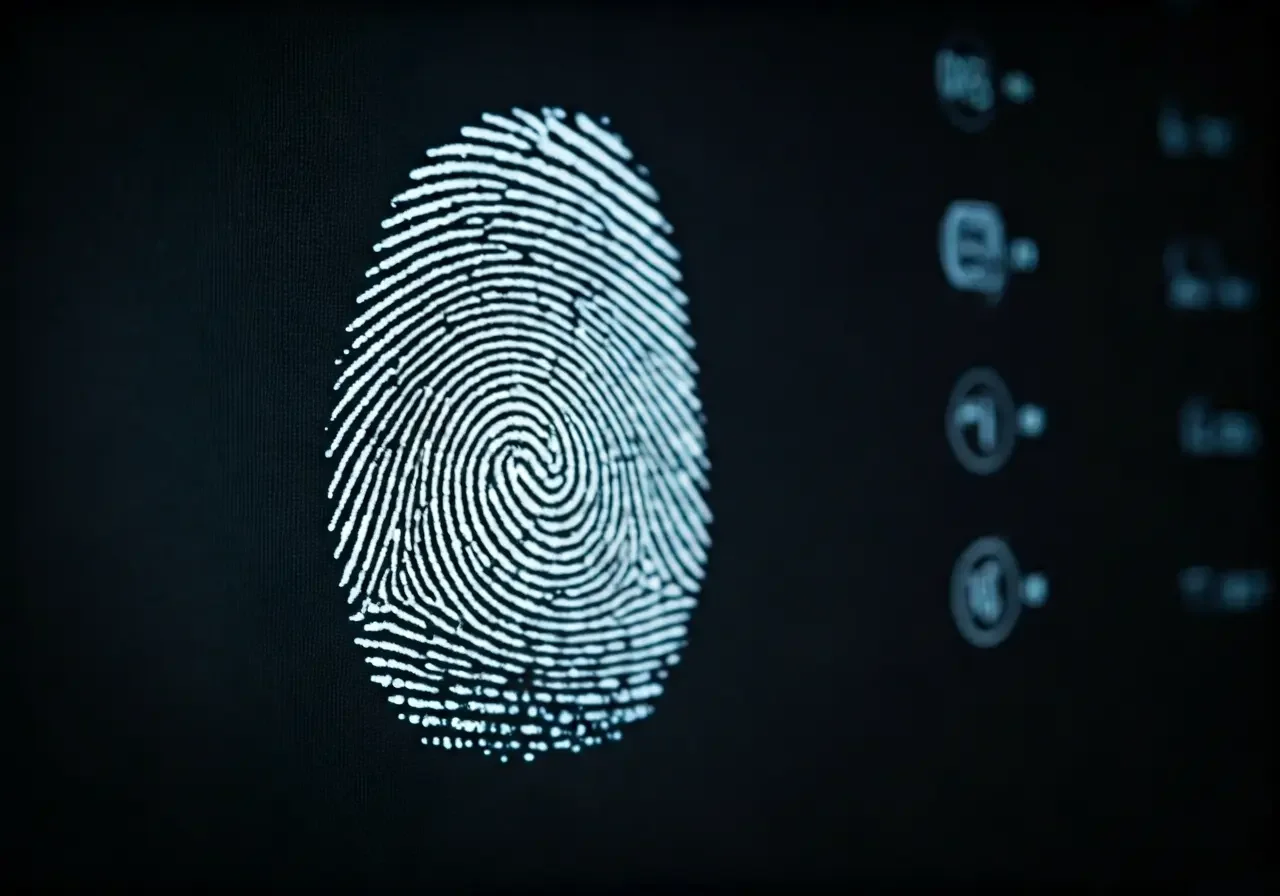7 Fascinating Facts About Litigation Technology in Data Forensics
In the ever-evolving world of legal proceedings, technology continues to transform how cases are managed and resolved. Litigation technology, especially its role in data forensics, has become crucial in today's legal landscape. Let's dive into some fascinating facts that highlight the importance and influence of these technologies.
1. Unveiling Digital Footprints
Digital footprints are ubiquitous in today’s society. Litigation technology helps forensic experts trace these footprints to reveal critical evidence that might otherwise remain hidden. By analyzing various data points, legal teams can construct detailed narratives pivotal to cases.
Every click, swipe, or tap leaves a trace in the digital world. Litigation technology harnesses sophisticated algorithms to piece together these traces, which can play a crucial role in case outcomes. For instance, discovering digital communications can provide context or motive, reshaping the narrative of a legal dispute.
Additionally, trends in social media activities have become instrumental in uncovering evidence. By employing cutting-edge software, legal professionals can map an individual's online behavior and extract vital information that could sway a case’s direction significantly.
2. Ensuring Data Integrity
Data integrity is crucial in legal cases. Advanced litigation technology ensures that data remains untampered from collection to courtroom presentation. This reliability helps maintain the credibility and trustworthiness of evidence.
A common concern is the manipulation of evidence. Technology assists in safeguarding against these threats by using blockchain technology to timestamp and verify data authenticity.
Ensuring data integrity isn't just about protection; it's about trust. Legal practitioners rely heavily on technology that provides a tamperproof chain of custody, critical in maintaining the evidential value of data from the outset of an investigation.
3. Analyzing Big Data Effectively
The sheer volume of data generated today demands sophisticated analysis techniques. Litigation technology leverages big data analytics to sift through vast amounts of information, pinpointing relevant evidence swiftly and accurately.
In modern litigation, the ability to process and synthesize big data sets determines the success of a legal strategy. By using data visualization tools, attorneys can easily extract patterns and insights from unstructured data.
4. Enhancing Security Measures
With sensitive data at play, security is paramount. Litigation technology employs encryption and advanced security protocols to protect information, ensuring that confidential data remains safe from breaches.
The stakes are high when handling sensitive legal data. Innovations in cybersecurity protocols ensure that data breaches are prevented, securing the trust of clients and protecting sensitive information from falling into the wrong hands.
5. Streamlining Document Review
Gone are the days of sifting through endless stacks of paper. With the aid of e-discovery tools, litigation technology streamlines the document review process, saving time and reducing errors while improving the efficiency of legal workflows.
Advanced e-discovery platforms allow for rapid, thorough examinations of documents, identifying pertinent information more effectively than traditional methods, leading to more informed legal decisions.
6. Empowering Legal Teams with AI
Artificial Intelligence is a game changer in the legal field. From predictive coding to automated searches, AI tools enhance the ability of legal teams to manage cases more effectively, allowing for focus on strategy over strenuous data tasks.
AI not only automates mundane tasks but also brings intelligence into every phase of litigation. With machine learning, AI predicts case outcomes with high accuracy, assisting lawyers in strategizing better.
7. Transforming Courtroom Presentations
The courtroom experience has been transformed by technology. Interactive displays and virtual simulations provide dynamic ways to present evidence, helping judges and juries understand complex data with greater clarity.
More than ever, persuasive storytelling is supported by digital tools. By using virtual reality recreations, legal teams can immerse decision-makers in scenarios that accurately portray events, aiding in more informed verdicts.

